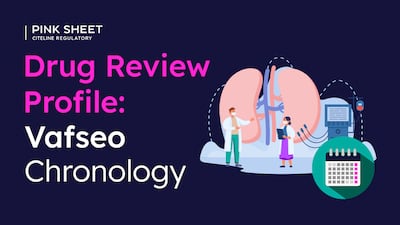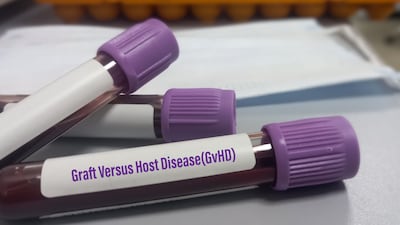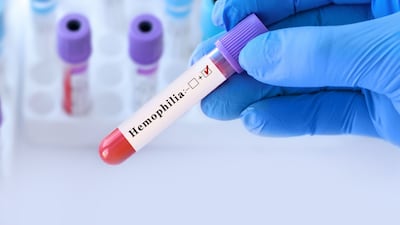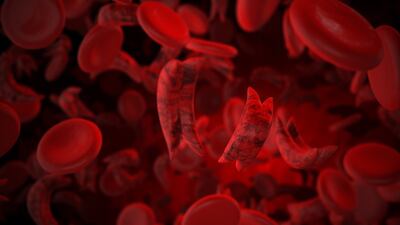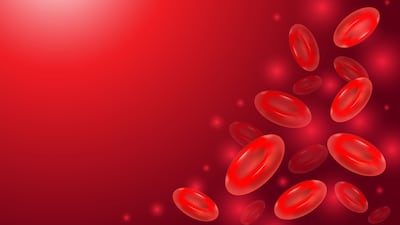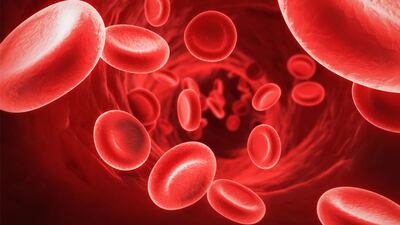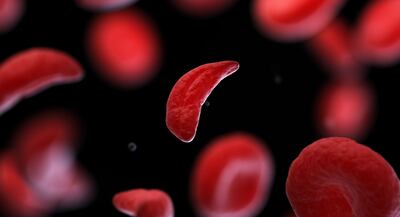Blood & Coagulation Disorders
The Pink Sheet Drug Review Profile explores the US FDA’s approval of vadadustat to treat anemia in chronic kidney disease patients on dialysis. A complete response letter cited the risk of drug-induced liver injury, but postmarketing data from Japan reassured reviewers.
The Pink Sheet’s Drug Review Profile looks at the timeline behind the development and US FDA approval of Akebia’s Vafseo, a treatment for anemia in chronic kidney disease patients on dialysis.
US FDA approval of Niktimvo for third-line chronic GVHD, a competitor to Sanofi’s Rezurock, came less than two months ahead of anticipated approval of Syndax’s leukemia drug revumenib.
Nine new entries targeting a wide range of unmet medical needs. Several EU marketing approvals and two withdrawals. And an accelerated assessment tool that was seldom used. These were among the activities noted as part of the European Medicines Agency’s priority medicines scheme during the first half of 2024.
Casgevy, the world’s first CRISPR gene editing therapy, is the second drug to be accepted onto a managed access scheme via England’s Innovative Medicines Fund, offering a new treatment for patients with transfusion-dependent beta thalassemia.
The company’s giroctocogene fitelparvovec, partnered with Sangamo, could compete with BioMarin’s hemophilia A gene therapy Roctavian, but longer-term data may be needed.
The US Medicaid agency says states representing more than 80% of sickle cell patients are interested in a centralized contracting program, but House Republicans want legislation, not administrative interventions, to shape value-based payment for curative therapies.
After an initial funding rejection last year, CSL Behring’s gene therapy for hemophilia B is to be made available to English patients under the Innovative Medicines Fund via a “first-of-its-kind” agreement. Hemgenix is also the subject of a funding deal in Denmark.
2seventy bio sold full rights to a hemophilia A program and in vivo gene editing technology to partner Novo Nordisk.
Regeneron, whose blood cancer treatment odronextamab was recently turned down by the US regulator but not for reasons relating to efficacy or safety, could soon learn whether its product will be among the drugs to get the thumbs up from the CHMP, the European Medicines Agency’s human medicines committee.
The Phase III ESLIM-01 study with HUTCHMED’s Syk inhibitor sovleplenib met its primary endpoint, demonstrating a 48.4% durable response rate for chronic immune thrombocytopenia, significantly higher than placebo. Global development appears to be accelerating and a multinational dose-finding Phase Ib study has also been initiated.
Having already posted Phase III success in non-transfusion dependent patients, Agios’s Pyrukynd now has shown the ability to reduce transfusions in alpha and beta thalassemia patients.
The latest meeting of the European Medicines Agency’s human medicines committee, the CHMP, is taking place this week. Decisions are expected for 13 drug marketing applications, there will be a number of oral explanation meetings, and activity is expected relating to a drug at the center of a case involving the European Commission’s rejection of an EMA recommendation.
Cargo Therapeutics has got an early boost from its abstract to be presented the European meeting, while Shattuck has suffered on safety doubts for its CD47 inhibitor.
The company expects to have data from transfusion-dependent and non-transfusion dependent patients this year, with a potential expanded US approval in 2025 for Pyrukynd.
Mim8 looks good in hemophilia A but Hemlibra’s lead is all but unassailable.
Now that the US FDA has published its final rule regulating lab developed tests, litigation challenging the rule and the FDA’s authority to enact it is sure to follow. And the central argument will likely focus on whether the tests are defined as medical devices, which the agency regulates without question.
After several rejections by NICE and an appeal by Pfizer, the company has reduced the price for its first-in-class sickle cell disease drug to a level that the health technology assessment institute deems acceptable.
The US FDA approved Day One’s pediatric brain cancer drug Ojemda, ImmunityBio’s bladder cancer immunotherapy Anktiva, an uncomplicated UTI claim for Utility Therapeutics’ Pivya, which has a long history in Europe, and Pfizer’s hemophilia B gene therapy Beqvez.
The drug maker said the program would allow for continued reimbursement when patients change insurance plans. A Sangamo-partnered gene therapy for hemophilia A is also in the works.
ADVERTISEMENT

